- To improve equity in access to cancer care for vulnerable communities
- To provide targeted support to overcome barriers to access to care
- To provide emotional support and reduce stress
Ⓒ Copyright 2022 ABC Global Alliance
VAT/NIPC 515 732 230
Welcome to the Hard-to-Reach ABC/mBC Communities Toolkit: Explore existing resources, connect with initiative leaders, and leverage proven strategies to support UPPs with mBC.
To address the critical unmet need in access to care for hard-to-reach populations with advanced/metastatic breast cancer (ABC/mBC), the ABC Global Alliance and Pfizer have collaborated to develop a toolkit of relevant, community-based initiatives and best practice summary documents that aims to drive collaboration across the global ABC/mBC community.
Following the successful launch of the toolkit in 2020 and the addition of 15 initiatives in 2021, an additional 23 initiatives have now been added to further address the unmet need for these hard-to-reach populations.
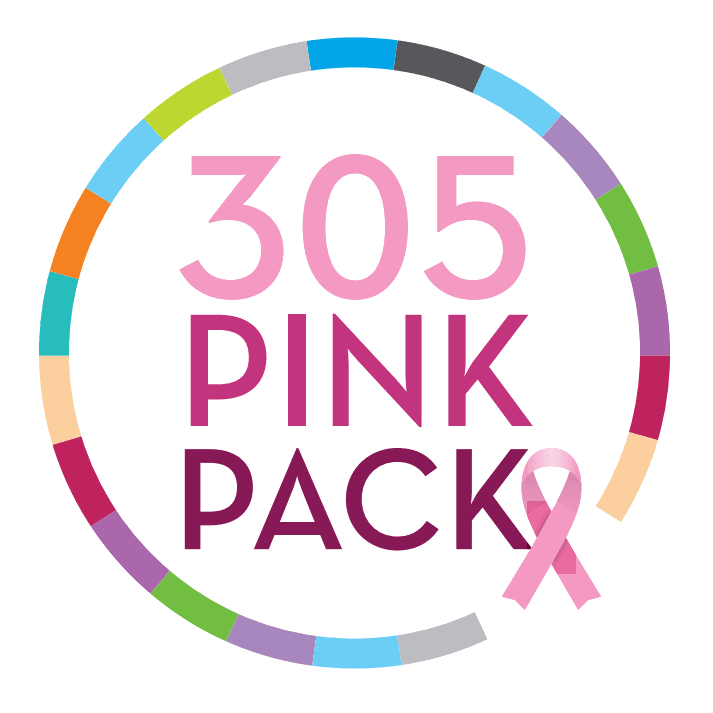
Low-income and vulnerable communities face many barriers to accessing cancer and recovery care. This program, serving a largely Hispanic population in South Florida, provides a range of services aimed at reducing these barriers and improving equity in care and recovery, including childcare, transportation, self-care services and emotional support.
Underserved, low-income patients with cancer in South Florida, US
150-300 people
The program was founded by Rosemary Carrera after being diagnosed with BC. She developed the program and the Thriver Fund to address the logistical and financial challenges she experienced to support other women. The project is funded through fundraising events.
The project started in January 2020 and is ongoing.
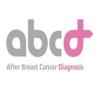
Following breast cancer diagnosis, many patients are unaware of advanced/metastatic disease and the symptoms to look out for. This initiative comprises two infographics showing simple-to-understand, red-flag symptoms for both ductal and lobular ABC/mBC, and is intended for use with patients and as an educational tool for HCP training.
All BC patients, and possible de novo patients through use in breast screening
>300 people
The infographics were reviewed by an oncologist and a clinical nurse specialist for accuracy, and ratified with Greater Manchester Cancer Centre.
6+ years (2014-ongoing) – used by NHS England/Cancer Alliances for 2 years.
Jo Taylor (jo@abcdiagnosis.co.uk)
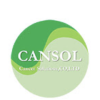
While there are many BC support groups in Japan, most are not for people with ABC/mBC and many people with advanced disease have difficulties finding information online. The ABC Project aims to educate and empower people with ABC/mBC, their families, and HCPs, through online seminars, e-learnings, and episodes.
ABC/mBC patients, HCPs and supporters in Japan
>300 people
Initiated through research from Cancer Solutions/CSR Project on Return to Work and Financial Toxicity of Breast Cancer Patient in Japan. Group discussion and surveys were used to collect the needs and interests of people with ABC/mBC.
The ABC project started in January 2020 and is ongoing. The ABC Advocate College (February 2021), ABC Episode Bank (September 2020), online seminars (March 2020).
Naomi Sakurai Cancer Solutions (info@cansol.jp)
.png)
In Nigeria, there is stigma and misunderstanding associated with breast cancer, and many patients do not receive adequate support. This initiative connects people impacted by breast cancer in Nigeria to support, educate and empower them, through patient navigators, telephone support, monthly support groups, financial support, and educational materials.
All BC patients
>300 people with breast cancer (irrespective of culture, sex, location, age, ethnicity and religion)
Developed by a group of 9 champions and 6 Project Pink Blue staff; required 10 mobile phones for champions, office space, utility vehicle.
Started in 2016 and is ongoing.
Khadijat Banwo (khadijat.banwo@projectpinkblue.org)

In Israel, Jewish ultra-orthodox communities do not encourage testing or obtaining medical information despite a high risk for BRCA mutations, and older Arab women have low treatment compliance. This awareness campaign, using culturally-adapted tools, aims to raise awareness of BC, and the importance of BRCA testing and treatment among these communities.
Jewish ultra-orthodox and Arab sector women in Israel
>300 Jewish ultra-orthodox and Arab sector women
Collaboration between Pfizer and Digital 770 (Jewish ultra-orthodox) and another specialist company (Arab sector). Required approval from the MoH.
Jewish ultra-orthodox campaign: October-November 2020 and October-November 2021 Arab sector campaign: October- November 2021.
.jpg)
African-American women have a higher risk of developing aggressive breast cancer but lower access to diagnostic examinations than women of other ethnicities. In collaboration with Vive Afro, a media and digital content company specializing in Afro-Colombian culture and content, Pfizer developed and conducted a campaign in Colombia to raise awareness of breast cancer.
Afro-Colombian and indigenous women
>300 people
Vive Afro magazine was identified and contracted as a supplier specializing in ethnic content. A cross-functional team including communications, medical and regulatory team members was responsible for developing content. Pfizer SAS sponsored the initiative, and 7 colleagues and 2 agencies took part.
The campaign took place in November and December 2022.
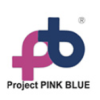
In Nigeria, there is stigma and misunderstanding associated with breast cancer, and many patients do not receive adequate support. The BCNPP is a cancer care programme designed to educate cancer survivors and caregivers across Nigeria to become professional patient navigators who can guide women with ABC/mBC.
All BC patients, particularly those with ABC/mBC, in Nigeria
>300 people with breast cancer (irrespective of culture, sex, location, age, ethnicity and religion)
Originally developed by an oncologist and psychologist, the initiative is now ran by 10 Project Pink Blue patient navigators; requires 10 mobile phones and a web based navigation app.
Started in 2015 and ongoing & continuing to grow.
Khadijat Banwo (khadijat.banwo@projectpinkblue.org)
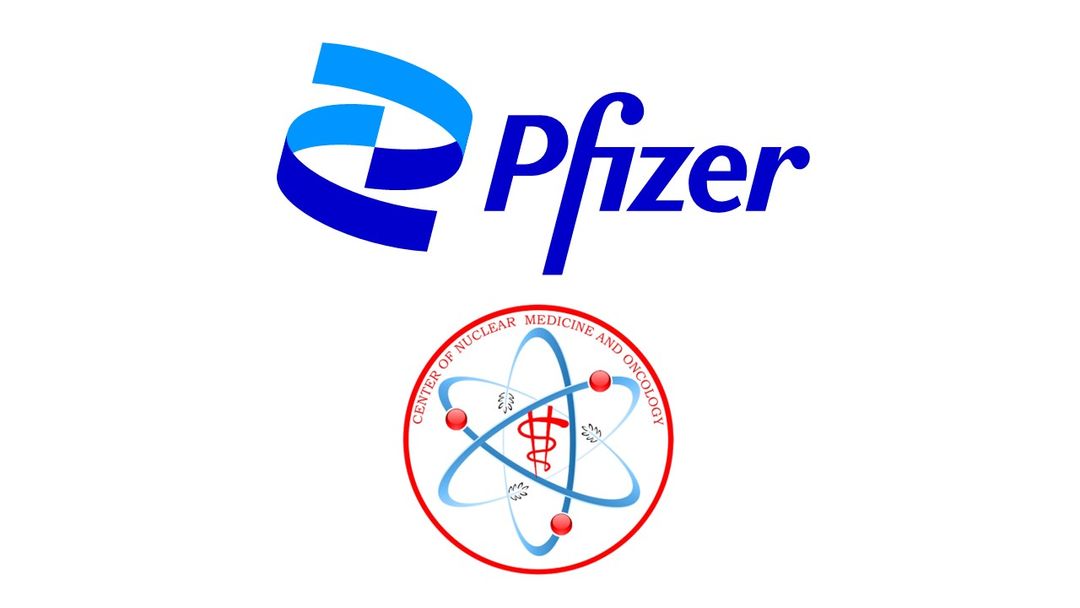
Kazakhstan has a high incidence of breast cancer and significantly lower 5-year survival rates compared to OECD countries. The leading oncology center in the Abay region sees a high number of patients, who often have low health literacy. This initiative provides a series of patient training and education sessions on all aspects of BC to improve treatment outcomes.
Wider population of the Abay region in Kazakhstan
>300 people
The first patient school session was held in May 2022 and revealed a great need for patient education. A project plan for a wider initiative including 12 training sessions was developed. The initiative is run by a multidisciplinary team of 20 specialists, and is funded by a Pfizer Independent Medical Education Grant.
The project was initiated in November 2022 and is due to complete in October 2023.
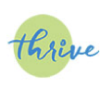
In Malaysia, there are multiple barriers to early diagnosis and treatment of BC, and outreach projects often work in silos and are restricted to big cities. This collaborative, multi-organisation initiative aims to increase early BC diagnosis in urban poor communities, as well as provide information, support and care specifically for patients with ABC/mBC.
Patients with BC from deprived areas, low education, and ethnic minorities
>300 people
This initiative was developed by a team of >6 partners, alongside drivers, nurses and volunteers.
Ongoing (to be completed by end of 2021).
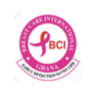
Women in Ghana, especially those in villages and deprived communities, have low awareness of BC and often do not have easy access to early detection methods. This initiative aims to reduce the rate of late-stage BC diagnosis by travelling to these communities to offer education, breast examination, advice and support (including for patients with ABC/mBC).
All women in Ghana, especially in villages with limited access to care
>300 people
150 members (permanent and volunteer) across two offices independently plan programmes.
Ongoing since 2002.
Beatrice Wiafe Addai, M.D., PhD. (drwiafe@gmail.com)
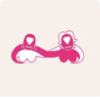
Communities in Haiti have low awareness of BC and often do not engage with cancer care services until the disease is at a very advanced stage. This research-led initiative aims to raise BC awareness through a multimedia campaign, designed in Creole, including pamphlets, videos, t-shirts, and wallets for the public and a training manual for HCPs.
General population of Haiti (women and men of all ages)
>300 people
This initiative was designed by 10 people from 5 organisations and materials were distributed through IHI and local partners. Initated with SPARC funding.
2016–present (ongoing).
Dr. Vincent DeGennaro (innovatinghealthinternational@gmail.com)

In some care centres in France, up to 20% of patients do not speak French well. This tool recaps the different steps of the BC patient journey in pictures, for use in consultations to help HCPs explain to their patients what their disease is, what treatment they will have and what support is available.
BC patients who don’t speak French well, are old or have low health knowledge
>300 people
The tool was co-created by Médipôle oncologists, pharmacist, nurses and an agency. The project was presented to 10 pilot centres for review and feedback. The tool has also been tested with patients at Médipôle. Training in use of the tool is available from Pfizer local partners for medical teams who would like to use the tool with their patients.
The project was initiated in 2021; official national launch in October 2022.

For people newly-diagnosed with ABC/mBC, concepts discussed with HCPs can be complex and difficult to understand. The Dandelion Toolkit aims to improve communication between patients and HCPs through visuals to help guide discussions on diagnosis, pathology, staging, treatment options, and QoL tools.
Newly diagnosed mBC patients
60-150 newly diagnosed people with mBC
Developed by designer Dr Corrine Ellsworth Beaumont, using primary research and a co-creative process involving mBC patients and HCPs (tested with nearly 100 mBC patients across the USA, Turkey, Mexico and Australia). Supported by the Metastatic Breast Cancer Alliance, Pfizer and other pharmaceutical Alliance members.
2015 – present.
Corrine Ellsworth-Beaumont (hello@dandeliontoolkit.com)
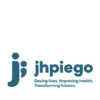
It is estimated that 70% of BC cases are diagnosed late in Botswana and there are often delays to diagnosis and treatment. This initiative provides education on breast awareness and examination, as well as improving the patient journey from community to treatment by identifying delays, reducing the time at each stage, and improving quality of services.
Women aged 35–50 from the Good Hope District in Botswana
60-150 people
A team of 21 people from across the organisations work in collaboration with hospitals - Jhpiego (5 people); Botswana Ministry of Health and Wellness (2); Princes Marina Hospital (5); University of Botswana (5); University of Rutgers (1), Botswana Cancer Association (2); Journey of Hope (1). Funding via Roche Products.
The initiative is scheduled to end in December 2020.
Amon Marwiro (amon.marwiro@jhpiego.org)
Tlotlo Ralefala (Tlotloral@gmail.com)
Peter Vuylsteke (Vuylstekep@ub.ac.bw)
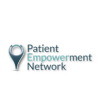
It can be difficult for newly diagnosed cancer patients to navigate the wealth of information online. Digitally Empowered® is an online course aiming to provide patients with knowledge and tools to find credible information about their disease, empowering them to make informed decisions about their treatment, through a series of easy-to-follow video modules.
Cancer patients in the US
>300 people living with cancer in the US
Financial support was provided by Pfizer US. The resource was designed based on the content of workshops that had been delivered for over 6 years. A web developer and an animator were used in the development.
Initiated in November 2019 and finalised in early 2021.
Katrina Johnson (katrina.m.johnson@pfizer.com)
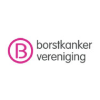
Patients with ABC/mBC in the Netherlands have limited access to psychological support and there is a lack of willingness to mix with patients with BC. This initiative organises accessible, monthly discussion groups specifically for patients with ABC/mBC, led by trained cancer coaches, allowing patients to connect, learn from each other and ultimately improve their QoL.
Women with ABC/mBC in the Netherlands
60-150 people
Per support group, the initiative requires: 2 trained coaches, 2 BVN employees, 4 volunteers, 2 nurses and 2 walk-in centre employees. Patients are invited to make a small donation to costs.
The first group started 10 years ago and expanded to 4 groups in 2020.
Mirjam Velting (velting@borstkanker.nl)
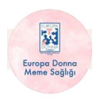
Patients with ABC/mBC in Turkey lack access to validated medical content and social interaction with other patients. Following the success of the Let Hopes Blossom Initiative since 2018, Europa Donna and Pfizer Turkey collaborated again to create this Instagram page for patients with ABC/mBC, offering both medical content and opportunity to engage with other patients.
Turkish patients with ABC/mBC and their family and friends
>300 people
This initiative was developed as a collaboration between Europa Donna and Pfizer Turkey and required 15 people to develop, including a social media agency.
The initiative started in September 2020 and is ongoing.

Young black women in the UK have significantly poorer BC outcomes compared with average and there is a lack of understanding of the factors influencing decision making in West African women living in the UK. This ethnographic study was conducted to enable HCPs to better understand these women’s beliefs & behaviours and adjust their own approach accordingly.
West African women diagnosed with BC living in London
30-60 people
This initiative began as a PhD study, with support and supervision provided by the University of Southampton, UK. Consultant nurse time/salary and PhD study fees were supported by Guys and St Thomas’ NHS Foundation Trust.
Data collection for the study occurred between 2016-2020; final data analysis is ongoing.
Amanda Shewbridge (amandashewbridge@gmail.com)
Theresa Wiseman (theresa.wiseman@rmh.nhs.uk)
Alison Richardson (alison.richardson@soton.ac.uk)

Opportunities for cancer nursing education in Africa are limited and in Ghana and Tanzania there is a lack of specialist cancer care and knowledge among nurses. This one-year initiative aimed to identify current levels of competence and then develop a culturally sensitive training programme for nurses in practice and peer support advocates delivering cancer care.
Nurses working with patients with cancer
>300 people
A core team of 6 Royal Marsden staff, 2 from Ocean Road Cancer Institute and 3 from Peace and Love Hospitals. Funding via a Global Challenge Research Fund grant through the Institute of Cancer Research.
One year (2019-2020).
Tanzania - Nazima Dharsee (njdharsee@gmail.com)
Ghana - Beatrice Wiafe Addai (drwiafe@gmail.com)
UK - Theresa Wiseman (theresa.wiseman@rmh.nhs.uk)
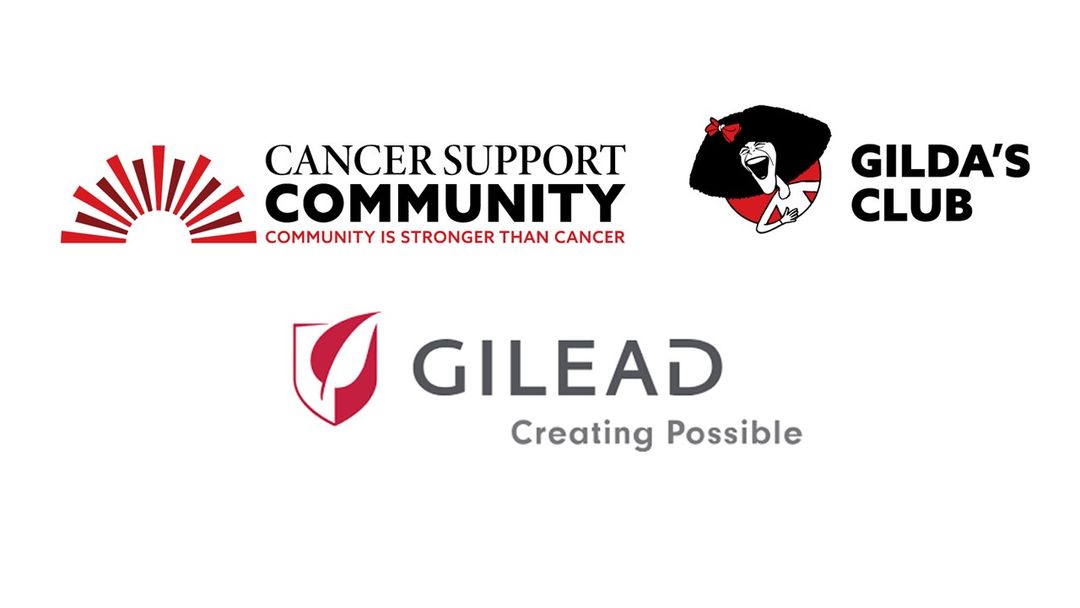
Black and African American people have a higher risk of developing breast cancer at an early age, a higher risk of cancer recurrence, and a higher risk of death from breast cancer than White people. This initiative provides information on breast cancer and health inequalities to empower and educate Black and African American populations in the US, Canada and Israel.
Black and African American people diagnosed or at risk of breast cancer
>300 people
An advisory board was convened to discuss and align on key topics to include in the tool. The tool was created in print and online formats and disseminated via social media and CSC’s network of affiliates and hospital partnerships. The initiative was sponsored by Gilead.
The project was completed and published in July 2022.
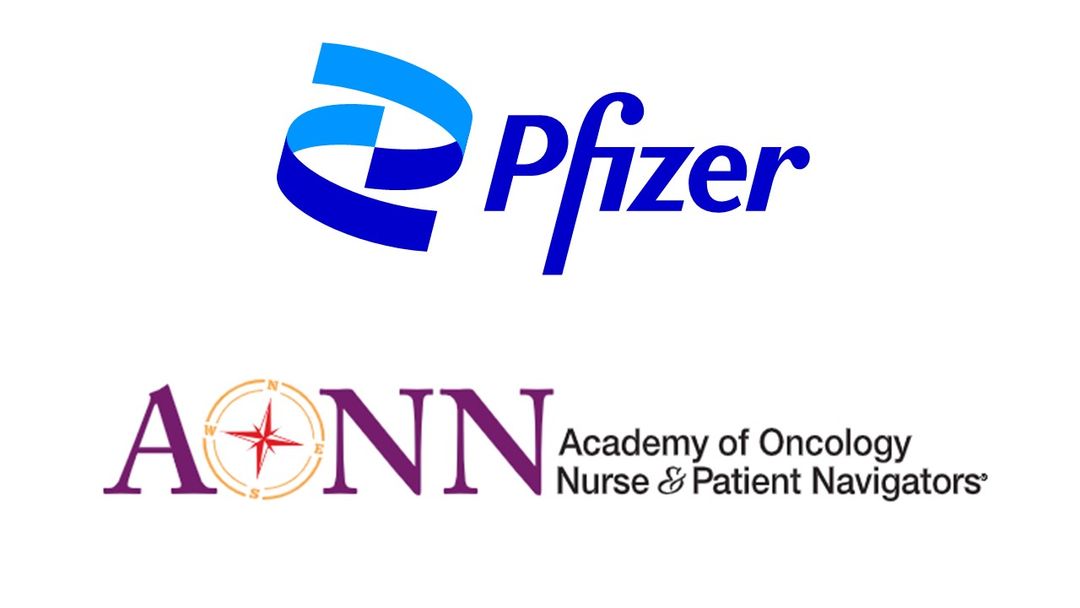
Over 50% of cancer survivors in the US are over 65 years, and this group of patients face more challenges and barriers to optimal cancer care than younger patients. This initiative provides an educational toolkit for nurses and patient navigators to help them better support this patient population and help minimize barriers to care.
Geriatric cancer patients in the US
>300 people
The toolkit was developed by a team of 20 from the Academy of Oncology Nurse and Patient Navigators. The project was sponsored by Pfizer.
The initiative was developed over the course of a year and completed in 2022.
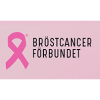
This multi-channel awareness campaign has been created to highlight the unequal uptake of CDK4/6 inhibitors across Sweden despite there being a national recommendation to use them within their label. The campaign comprises of a film and web-page which will be promoted, via digital and traditional channels, to help increase the uptake of CDK4/6 inhibitors.
Women over 35 and decision makers at national and regional level
>300 women, 100,000 people targeted via the social media campaign
Built on a previous 3-year collaboration with the national patient organisation for breast cancer that aimed to increase knowledge and create engagement around mBC.
The project started planning in November 2020 and will be launched in November 2021.
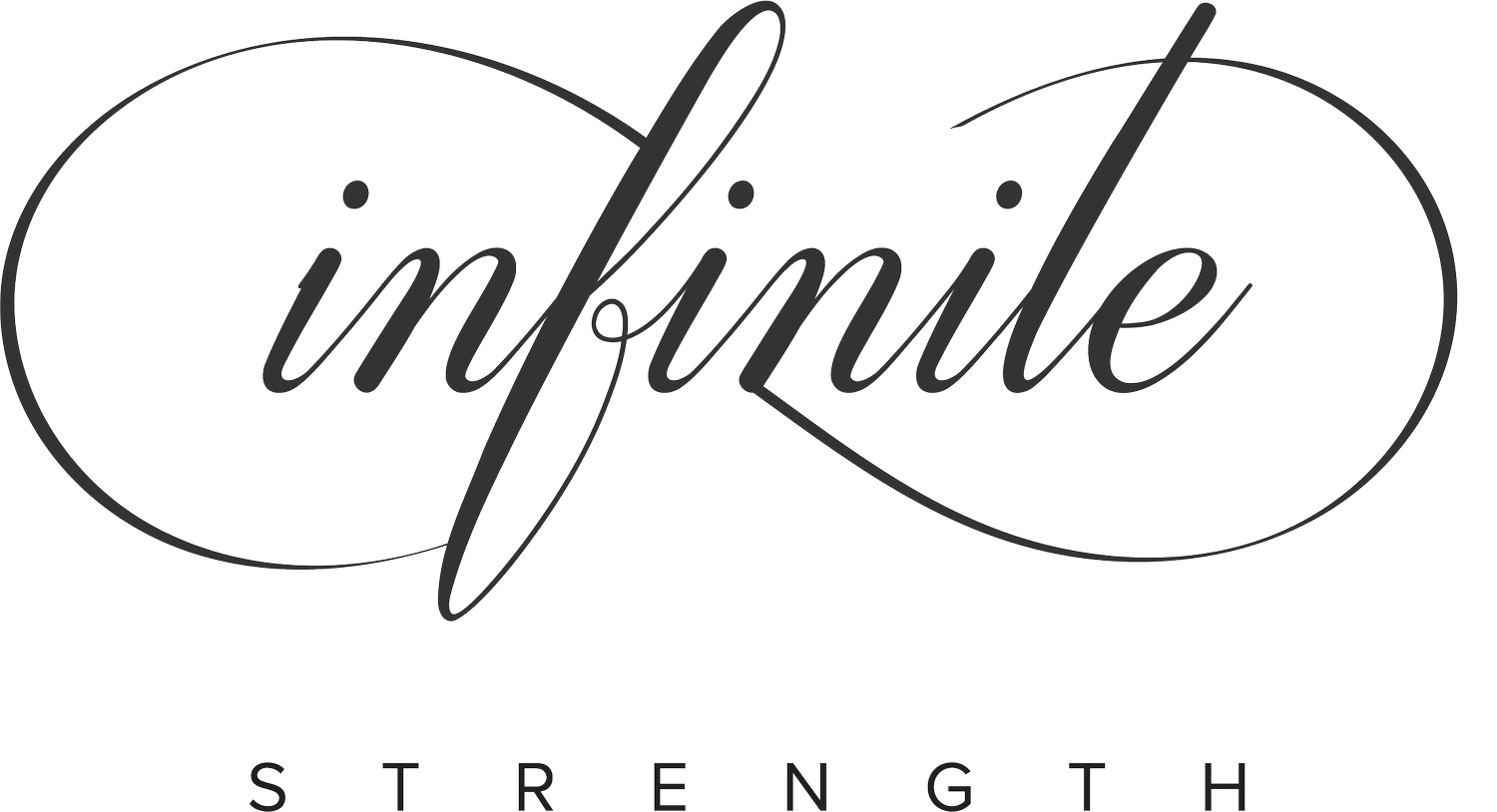
Infinite Strength is a non-profit organisation with a mission to provide financial support to underserved single mothers with ABC/mBC in the US. This initiative provides eligible applicants with financial support of $6,000 for rent, mortgage, utilities and food, as well as free admission to the organisation’s HOPE retreats and quarterly Life Support Series panel discussions.
Underserved, low income single mothers living with ABC/mBC
150-300 underserved single mothers with mBC
The initiative was developed based on previous work with ABC/mBC patients leading to recognition of the needs of this underserved population.
The initiative is ongoing.
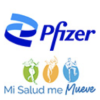
Many people with cancer in Colombia have low health literacy and interactions with medical professionals can be challenging. This practical guide provides questions for people with cancer to ask their healthcare professionals throughout the patient journey. It is hosted on the Salud Me Mueve website and was disseminated via a social media campaign.
People with cancer (including ABC/mBC) in Colombia, and their caregivers
>300 people with cancer and their caregivers
The initiative was developed by a team of 7 cross-functional Pfizer colleagues and 2 communication experts. It was an adaptation of a digital regional strategy based on the country’s regulatory framework and ethical industry codes.
The guide was published in July 2021; the social media campaign started in September 2021 (ongoing).
Carolina Cortés (carolina.cortes@pfizer.com)

In the US, many single mothers with mBC are below the federal poverty level. This initiative provides financial and emotional support to these women and their children through a series of one-day retreats, including speaking with licensed social workers and therapists, art therapy, breakfast & lunch, and a grocery card to take away.
Underserved single mothers with mBC and women who are below the federal poverty level
60-150 underserved single mothers with mBC
The initiative was developed with social workers at the healthcare organisations in the state of Connecticut along with oncology family therapists, art therapists, and grief support therapists.
Launched on October 3rd 2021; to run once a month during Covid-19 and twice per month in the future.
Roberta Lombardi (Roberta@infinitestrength.org)
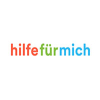
In Germany, patients often lack the ability to navigate the complex healthcare system. This initiative supports patients with ABC/mBC and caregivers in navigating through the healthcare system thanks to a co-created, digital support solution which aims to ensure equity and access to health services. The website has since been expanded to include 9 other indications.
The ABC/mBC community in Germany
>300 people
The initiative was developed by a team of 20 people, including 13 external experts (HCPs, patients, patient advocates, lawyer), with all content created by patient experts and reviewed by editors, patients and a scientific advisory board. It is currently being expanded to more indications.
The ABC/mBC section of the patient navigator took 9 months to develop and was launched in May 2017.
Anja Schmidt (Anja.Schmidt@pfizer.com)
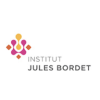
Informed consent (IC) forms for clinical trials are often long, complex and technical in nature, which can be a barrier to patient enrolment, particularly for poorly educated and older patients. This initiative seeks to improve understanding of the IC process through 3D film or cartoon material, in order to improve access to trials for all patients.
All people with cancer entering into clinical trials
>300 people with cancer entering clinical trials
The project was set up by the Clinical Trial Conduct Unit of Jules Bordet Institute and required project coordinators, multimedia experts, video assembly, qualitative data experts, and translators.
The project started in 2016 and the tools have been available since 2017.
Miqueu Patrick (patrick.miqueu@bordet.be)
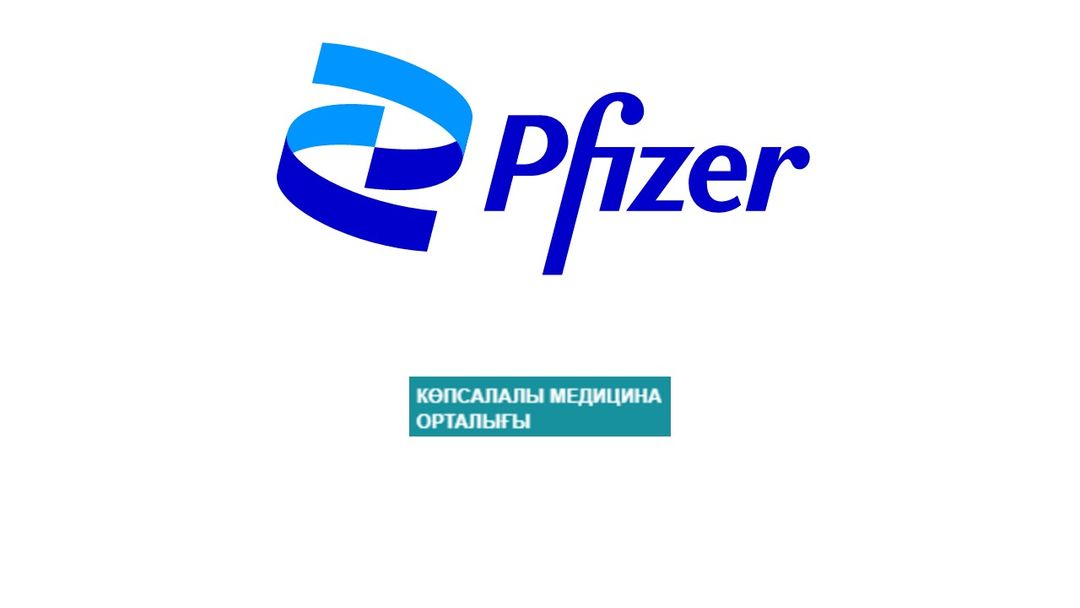
The incidence of breast cancer is increasing in Kazakhstan, but many breast cancer patients have a poor understanding of the disease, treatment and risk factors for relapse. This initiative aims to support and educate patients in Astana in Kazakhstan about the disease, diagnostic tests and treatment, and healthy living for better disease control.
Patients with BC and mBC under specialist treatment in Astana, Kazakhstan
>300 people
The initiative was developed by a team of specialists from the Multidisciplinary Medical Centre, and was sponsored by a Pfizer Quality Improvement Grant.
The initiative started in December 2022 and is due to complete by November 2023.
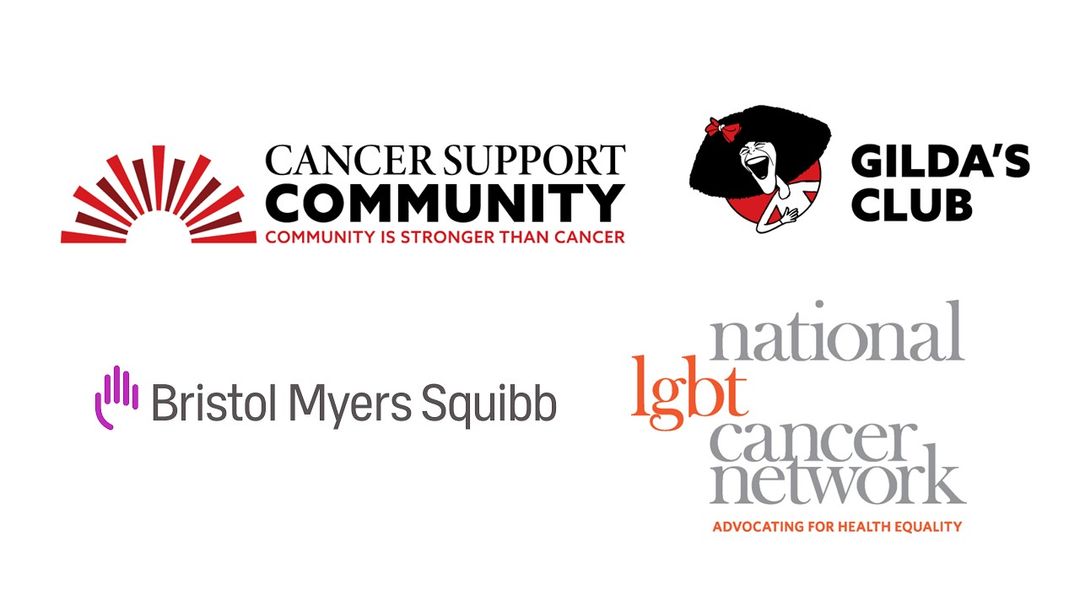
LGBTQIA+ communities and gender minorities are underrepresented in cancer clinical trials and often face barriers such as mistrust and lack of information about access to trials. This initiative provides accessible resources for these populations on access to clinical trials and on how to request information about clinical trials from health care providers.
LGBTQIA+ community in the US and Canada
>300 people
The educational tool was developed in collaboration with the National LGBT Cancer Network. A multi-stakeholder advisory board was convened to discuss and align on key topics to include in the tool. The project was sponsored by Bristol Myers Squibb.
The tool was completed and published in December 2022.
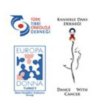
Despite evidence suggesting QoL is a crucial factor impacting prognosis, in Turkey there is a lack of psychosocial support for patients with ABC/mBC. This multi-organisation collaborative initiative was developed to provide psychological support for patients with ABC/mBC, as well as raising awareness about the importance of psychological support for these patients.
Patients with ABC/mBC in Turkey
>300 people
The initiative involved a team of ~15 people, and support from local and social media agencies.
Ongoing initiative started at the end of 2018.
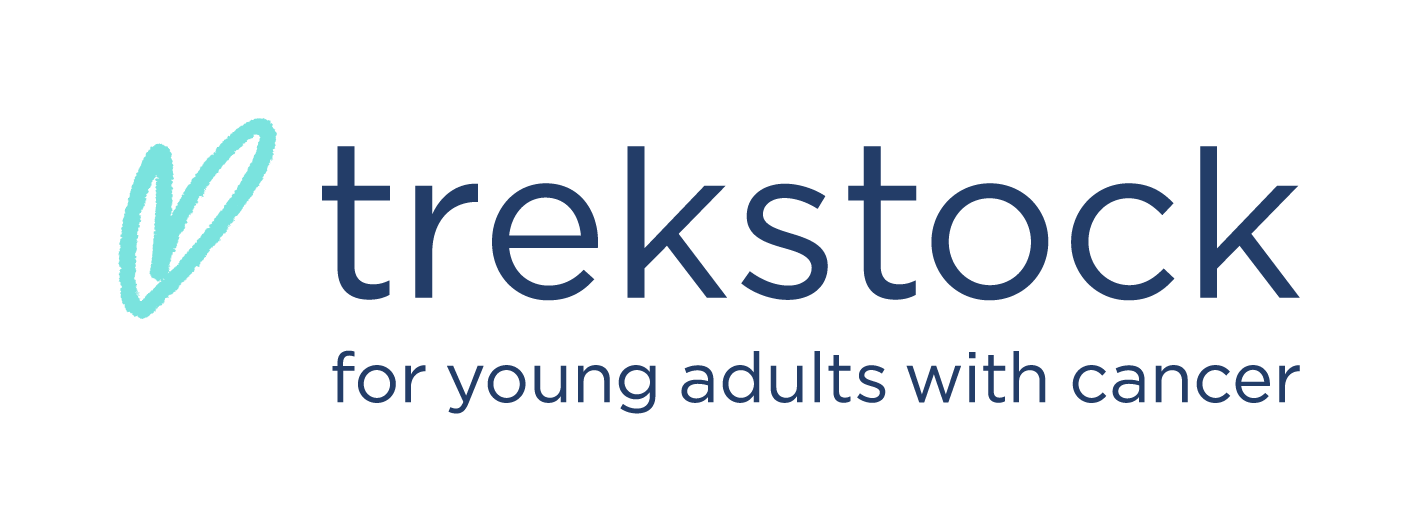
There is a lack of emotional and psychological support for young adults living with cancer, including mBC, to handle the impact of their cancer treatment on their quality of life. This initiative offers a 6-week online coaching programme to equip young adults in their 20’s and 30’s with knowledge and tools to improve their mental well-being and to create a supportive peer community.
Young adults living with cancer, including mBC, in the UK
<30 people
The initiative was developed collaboratively with young adults living with cancer, including mBC, through focus groups to identify key support needs and topics to include in the programme. Feedback from participants who completed the programme was used to further shape and improve it.
The initiative started in 2018 and is ongoing.
.png)
In Uganda there is limited psychosocial support for patients with ABC/mBC and patients often struggle financially and with nutrition. This initiative trains patients with ABC/mBC and their families on ways of improving their nutrition and income, as well as providing access to psychosocial support services and community palliative care.
Low income/educated patients with ABC/mBC in central Uganda
60-150 people
The initiative required a coordinator, trainers and navigators, as well as resources for transport, communication and administration, and training supplies.
The pilot ran May-Dec 2017, with the scale up starting in 2018 and ongoing.
Gertrude Nakigudde (ngertrude@uwocaso.org.ug)
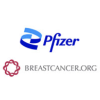
The dictionary aims to improve communication between HCPs and newly diagnosed patients, and their loved ones. The objective of the dictionary is to explain and provide greater context to the unfamiliar key terms and phrases that are commonly used when talking about ABC/mBC diagnosis, treatments and the experience of living with mBC.
Newly diagnosed mBC patients in the US
>300 people living with ABC/mBC in the US
The top 20 search terms on the Breastcancer.org website and their metastatic forums were included in the dictionary.
Initiated in April 2020 and approved on the Breastcancer.org website during summer 2021.
Katrina Johnson (katrina.m.johnson@pfizer.com)
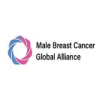
Globally, there is low awareness and stigma around male BC and male mortality rates are rising steadily. This organisation advocates to change the BC conversation and provide men with the same access to research, clinical trials and drugs as their female counterparts. As part of their work they have developed breast self exam cards specifically for males.
Men with BC (stages 1-4, but most are at ABC/mBC stage)
>300 people
The Global Alliance is run by a two-person team, and materials were developed with the help of a nurse navigator and a hospital administrator and shared via email and social media.
Ongoing.
Cheri Ambrose (cambrose0214@gmail.com)
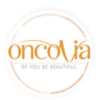
Patients receiving treatment for BC in Albania lack access to resources such as silicone prostheses and wigs, which negatively impacts the QoL of these patients. This initiative aims to improve the self-image and psychological wellbeing of patients with BC through the provision of both wigs and silicone prosthesis.
Patients with BC and with ongoing treatment from the oncology hospital
150-300 people
This initiative was started in collaboration with psychologists at the oncology hospital, in response to high demand from patients for these items.
Ongoing for two years.
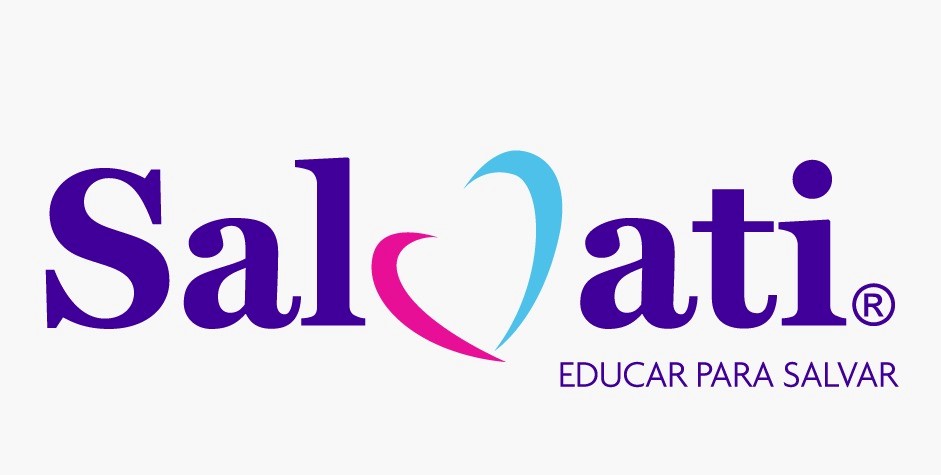
Many mBC patients and their caregivers lack knowledge about mBC and the available treatments and support that can improve their quality of life. This project aims to educate patients and the general public in Mexico through a website providing information in Spanish about mBC and its treatments.
Patients with low incomes, primary caregivers and the public in Mexico
150 – 300 people
An initial four-year social media campaign providing information on mBC identified further patient needs for information about mBC, treatments and support.
The social media campaign has been ongoing for four years. The mBC-specific section of the Salvati website will be launched in 2023 and updated every 6 months.
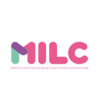
Following the roll out of previous MILC initiatives, it was identified that many specific needs of patients with ABC/mBC were not being met. This standardised psychoeducational intervention was developed to assess and improve patient understanding of their disease, allowing them to actively participate in decision-making processes and ultimately improve QoL.
Mexican women ≥18 years with de novo or recurrent ABC/mBC
150-300 people
The initiative was developed by a team of medical oncologists, 2 psycho-oncologists and 2 research assistants, as well as a production team to develop the video.
10 months (2019–2020).
Alejandra Platas (ana1282@hotmail.com)
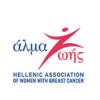
In Greece there is a lack of support specifically tailored to the needs of patients with ABC/mBC, meaning patients often feel isolated and ashamed. The My Alma app was developed to support patients with ABC/mBC in an easily accessible, friendly, hopeful and realistic manner, bridging the gap between support services and these patients and ultimately improving QoL.
Patients with ABC/mBC in Greece
>300 people
A team of 6 developed the app, and medical content was validated by University of Thessaly, Greece.
Development started in 2017 and launched in 2019. An English version is due to launch in 2020.

Patients with ABC/mBC in Japan are often poorly educated on their disease and lack support throughout their treatment. The MY CHOICE Navi account was developed on the Japanese social networking app, LINE, to provide patients with easy access to relevant information on ABC/mBC, as well as supporting treatment continuation via a hospital visit tracker.
Patients with ABC/mBC in Japan
>300 people
MY CHOICE Navi was developed with support from a digital agency and production agency.
Launched in March 2021.

There is a lack of awareness of and support for young patients living with cancer, including mBC, who undergo menopause as a result of their cancer treatment. This initiative provides a 6-week online support programme that aims to create a supportive community of peers and give patients the knowledge and tools to tackle menopause and improve their quality of life.
Young adults living with cancer, including mBC, in the UK
60-150 people
The initiative was developed by gathering information about support needs through surveys and focus groups with young patients living with mBC, and with input from experts. A marketing strategy and materials, including promotional booklets outlining the programme, has been developed to raise the profile of the initiative. The project is being scoped for patients living with incurable cancer.
The initiative started in 2020 and is ongoing.
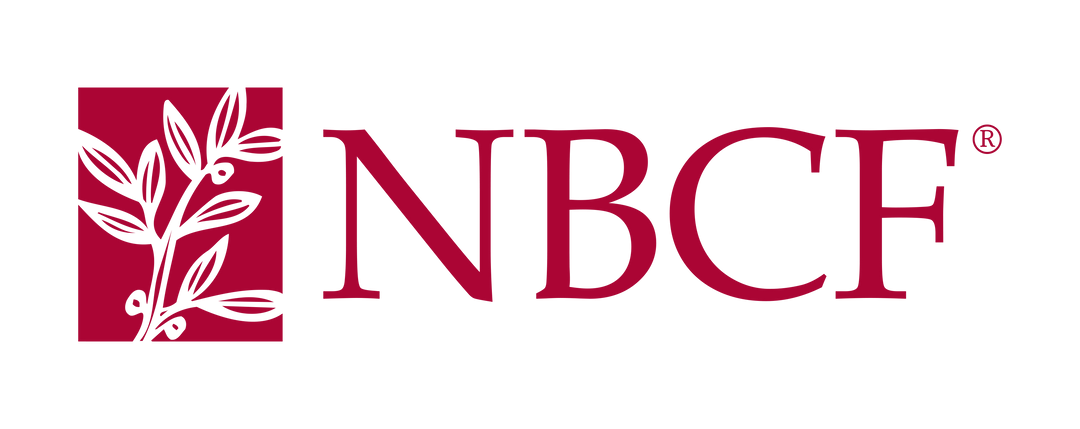
There is a lack of patient-friendly breast cancer educational resources and support for accessing healthcare available in Spanish in the US. This multi-faceted initiative provides outreach events in underserved Hispanic communities, breast cancer information materials in Spanish, and direct support for accessing healthcare resources by Spanish-speaking patient advocates.
Low-income Hispanic women living in the US
>300 people
Developed by a team of 5 people and supported by over 10 local and national organisations.
Started in 2019 and is ongoing.

Low-income cancer patients often lack access to adequate palliative care services. The PAY-W (‘Pay As You Wish’) Clinic offers free or affordable palliative care services directly and through their not-for-profit partners to cancer patients with low income, primarily from indigenous communities in LMIC and countries affected by civil war.
Advanced cancer patients in LMIC or politically unstable countries
60-150 people
The PAY-W Clinic team has 10 members dedicated to the administrative, legal, technical and medical work at their headquarter in India. Activities are funded by donations.
The initiative was started formally by Dr Suryakanta Acharya in 2017 as a lifelong project. Since 2021 it has operated as a not-for-profit initiative.

In rural areas of Cameroon, 90% of patients with ABC/mBC live without treatment and breast cancer is often discovered at a very advanced stage due to lack of awareness. This initiative organises home visits and psychosocial support for patients with ABC/mBC, as well as training for traditional healers, HCPs and members of the community in breast health.
Rural Cameroonian patients with ABC/mBC
150-300 people
The initiative was developed by a team of 12 people and builds on previous work supported by Pfizer Oncology and UICC through the SPARC programme.
This initiative ran from 2017 to 2019.
Prof Nkegoum Blaise, Pathologist and Oncologist, Palliative Care Specialist, Yaounde, Cameroon
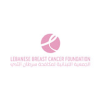
In Lebanon, support for women with ABC/mBC is unequal to that for with patients with eBC. This annual workshop was created to integrate ABC/mBC into awareness efforts for BC, and to connect, empower and inspire patients with ABC/mBC through educational sessions from specialists in nutrition, sexology, psychology, oncology, meditation and beauty.
Patients with ABC/mBC and their families in Lebanon
60-150 people
This initiative was developed by a group of doctors, nurses, specialists, volunteers and coordinators, alongside branding, social media, and PR agencies. Sponsored by Roche/Novartis.
The workshop has run annually since 2016.
Mirna Hoballah (hoballahmirna@gmail.com)
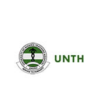
Low numbers of oncologists in Nigeria means that consultations are often rushed and patients are left not fully understanding their diagnosis and treatment options, and with emotional and psychological challenges. This initiative established a patient navigation protocol for HCPs and a unit in the UNTH oncology centre providing support and education for cancer patients.
Cancer patients in underserved populations and their families/caregivers
>300 people
A one-person team leads the initiative, and it required development of patient navigation materials, as well as office set-up in the hospital.
The initiative started in 2017 and is ongoing.
Dr. Vitalis Okwor (vitalisokwor@yahoo.com)

Many women with advanced cancer face financial or other barriers to accessing high-quality cancer care. This initiative provides various forms of support including patient navigation, education, transport to appointments, and social support to patients with all advanced cancers, including mBC.
Advanced cancer patients lacking social support (e.g. low income, minorities)
30-60 people
The initiative was motivated by a desire to improve outcomes for women with advanced/metastatic cancer who lack timely access to high quality care.
Started in 2019 and is ongoing.

There is a lack of awareness of the benefits of physical activity for cancer patients and a lack of targeted support for young people diagnosed with cancer. The RENEW programme is an 8-week physical activity online programme that aims to create a supportive community of young adults in their 20’s and 30’s living with cancer, including mBC, who can get active together.
Young adults living with cancer, including mBC, in the UK
60-150 people
The initiative was developed with the use of focus groups with young patients living with cancer and training of trainers to deliver the programme. The programme is now being delivered nationwide by cancer rehabilitation instructors. It is currently being scoped for expansion to include patients living with incurable cancer.
The initiative started in 2014 and is ongoing.
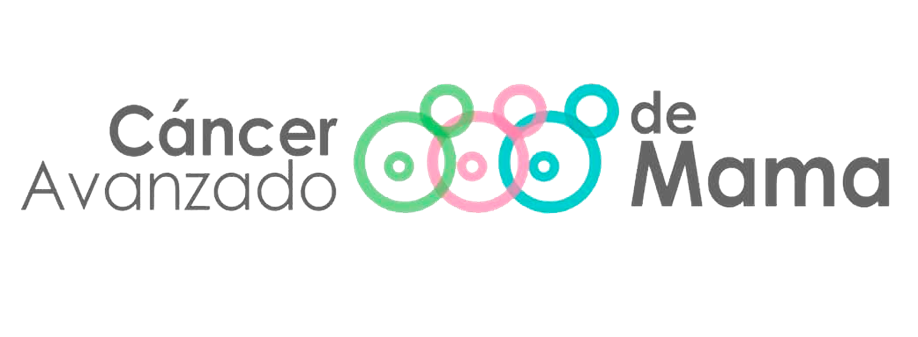
There is a lack of evidence-based, accessible information on breast cancer in Spanish to educate patients and support them in shared decision-making about their cancer treatment. This initiative aims to help patients in Venezuela become more knowledgeable, confident and proactive in their care through a social media campaign and a web-based educational tool.
Low literacy mBC/ABC patients, caregivers, HCPs and lay audiences
>300 people
The initiative was developed by the Venezuelan Breast Cancer Research and Education Foundation as part of the 2019 SPARC program. A social media agency provided support.
The project was initiated in February 2021 and is ongoing.
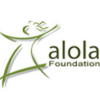
Women with malignant fungating breast wounds (MFBW) experience limited healthcare support in Timor Leste. This initiative saw a team of Australian volunteer nurses travel to Timor Leste to provide patients with reusable wound care kits, as well as educational support to allow women to self-manage MFBW, maintaining their dignity and subsequently improving QoL.
Patients with MFBW living in remote communities
<30 people
The wound care kits were made by volunteer nurses, who travelled to Timor Leste to deliver the kits and offer education. The initiative required fuel, food for communities and development of written resources. Costs include Haliku staff wages.
2019-present – planned for nurses to travel annually for a minimum of 2 years.
Jo Lovelock (jo.lovelock@bigpond.com)
Rosie Gillies (rosegillies64@outlook.com)
%20-%20Self%20Care%20and%20Wellness%20for%20Patients.png)
The SATORI (II) initiative is a holistic wellness programme for women who have undergone breast cancer recurrence. The programme provides the training and tools necessary to allow patients to care for themselves in their own home, which otherwise could not be done due to a lack of affordable and accessible services.
Women in India who have undergone a breast cancer recurrence
>38,000 patients
SATORI was conceptualised by Sanjeevani Life beyond cancer. Satori (I) is designed for cancer patients and survivors, Satori (II) has been specifically designed for patients who have had a recurrence in BC.
SATORI (II) launched in April 2021 following the success of SATORI (I) which launched in 2015.
Ruby Ahluwalia (ruby@sanjeevani-lifebeyondcancer.in)

Many women with a breast cancer diagnosis suffer from a fear of cancer recurrence and progression. This initiative provides a free training program in strategies for dealing with fear and anxiety for women of low socio-economic status who are within five years of a breast cancer diagnosis in Mexico, Peru and Ecuador.
Women of low socio-economic status diagnosed with breast cancer
<30 people
The program was developed in collaboration with Compassion Corps Alliance, which provided financial support, and Travesías de Tinta y Unidas Contigo AC. It built on the existing Compassion Cultivation Training developed at the Stanford School of Medicine and Fear of Recurrence Therapy developed in Canada.
2 months for invitations and promotions, 8 weeks for completion of programme.

The lack of available material in Spanish-language on ABC/mBC is a barrier to access for LatinX patients, making discussions with HCPs complex. An original graphic novel was developed on the diagnostic journey of an mBC patient. Following this novela’s success, this organisation is creating a sequel focused on the importance of genetic testing and hereditary cancer.
LatinX BC patients, particularly those diagnosed with mBC
>300 Spanish-speaking patients in the US
Pfizer Medical Affairs and the Pfizer Advocacy Liaisons team partnered with an advocacy organisation, SHARE/LATINASHARE, on both novelas. The novela content was verified by Pfizer’s medical team to ensure accuracy.
~1 year.
Lily Shahied Arruda (lillian.arruda@pfizer.com)

There is a lack of support for patients with ABC/mBC in New Zealand and life expectancy is low for these patients. This initiative offers a holistic programme of social, psychological, emotional, practical and financial support to enable patients with ABC/mBC to live as well and as long as possible.
All women diagnosed with ABC/mBC annually in New Zealand
>300 people
The initiative is delivered by a team of 8 and guided by an oncologist and medical advisory team. Financial support from >230 companies; >$1,000,000 sponsorship & grant funding annually.
15 years (2005–ongoing).
Catrin Devonald (catrin.devonald@sweetlouise.co.nz)
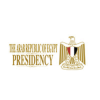
In Egypt, HCP and patient understanding of breast cancer is generally low. This initiative aims to improve public and patient understanding of the disease, as well as improving oncologist capabilities, through monthly MDT meetings and a series of online courses, enabling more breast cancer patients to receive appropriate treatment (per ESMO/ASCO guidelines).
The public, people with BC, and HCPs in Egypt
>300 (aim to train ~1,500 oncologists and improve treatment for ~3,200 breast cancer patients)
Financial support was provided by Pfizer Egypt; the online courses were developed in collaboration with Northwestern University.
The initiative started in mid-September 2021 and is due to complete in Q4 2023.
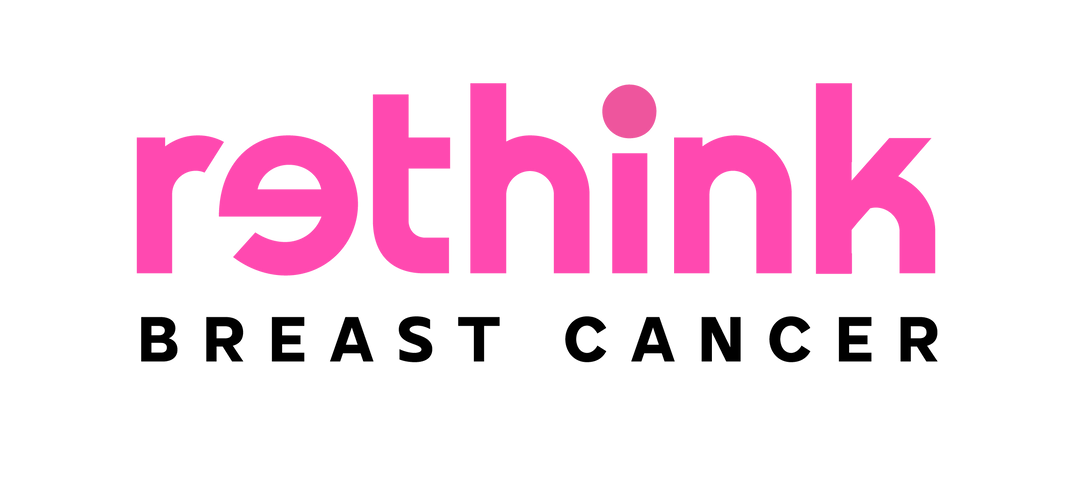
Communicating with family and young children about an mBC diagnosis, treatment and end of life can be very challenging, and adds to the burden of navigating the disease. This project developed an educational resource to support young mothers in having these conversations with their children in an open and honest way.
Young mothers living in Canada
>300 people
This initiative was developed by the Rethink Breast Cancer team in collaboration with a Child Life Specialist, and with input from Rethink’s mBC patient advisory board, a psychotherapist, an illustrator living with mBC and a social worker. Pfizer Canada covered the printing costs for the booklet.
The project was completed over the course of a year (2018-2019).
%20Project.png)
In Ghana there is a lack of counselling available for patients with ABC/mBC and patients are often led to believe that it is not possible to maintain QoL while living with ABC/mBC. This initiative trains patients to become peer-to-peer counsellors, to help demystify BC and provide advice to patients with newly diagnosed BC or ABC/mBC.
Patients with BC or ABC/mBC in Ghana
>300 people
BC survivors were trained by Rev Tam Denyse, a BC survivor from Carrie’s Touch USA. Women were chosen from PALSA to participate in the training.
7 years (2013–ongoing).
Beatrice Wiafe Addai (drwiafe@gmail.com)
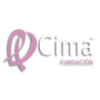
People living in marginalised areas of Mexico are often diagnosed with late-stage breast cancer due to limited information on the risks of BC and early detection methods. This initiative aims to train a network of health promoters to raise awareness of BC and lower the number of diagnoses at advanced/metastatic stage, as well as improving QoL for those diagnosed.
Women living in marginalized areas of Mexico
>300 people
The initiative is led by 4 people (1 coordinator and 3 facilitators) with ~5 sponsors per year.
Since 2006 (planned on a yearly basis and remains in each state for 3 years).
Alejandra De Cima (alejandra@cimafundacion.org)

While there is a lot of information on breast cancer in Asia, there is a lack of specific information and support for patients with ABC/mBC. This Facebook page provides a community specifically for patients with ABC/mBC, including reliable, specific information on their disease, sharing of patient stories, and links to patient organisations with relevant content.
Women living with ABC/mBC in Asia
>300 people
The initiative was developed by teams from across Pfizer, with the help of agency partners and input and guidance from PAGs. The Facebook page content was originally adapted from a hardcopy book of patient experiences and journeys.
The initiative has been going for 2 years (2018–ongoing).

In Peru, many patients, families and caregivers lack awareness of how to manage pain, symptoms and treatment side effects of cancer through home and self-care practices. The “School for Caregivers” curriculum was developed to train HCPs in educating families and caregivers in home-based pain and symptom management and palliative care.
Palliative care patients (mainly BC patients) and their caregivers in Peru
150–300 people
The educational tool was developed over 18 months through monthly working group meetings with experienced palliative care health professionals, additional input from local advisors and nursing staff, and extensive validation and evaluation of the materials. The training has been rolled out nationally. Technical support was provided by PATH, and the project was supported by Susan G. Komen. The materials will be translated to English in March 2023.
The project was initiated in March 2016 and was completed in December 2017.

Patients with BC in Brazil often face delays in diagnosis and starting treatment, and are unaware of their rights to care. The annual awareness campaign during ‘Pink October’ has been created by FEMAMA with the aim to change public policy–empowering patients, informing them on their rights, and the possibilities of better access to care in Brazil.
Patients with BC from 70 NGOs across Brazil
>300 people
The initiative was developed by a FEMAMA team who have been working at the organisation for five years, with the help of an agency to create the campaign concept, a press office and photographer.
The campaign took place in 'Pink October' 2018.

Black, Indigenous and People of Colour are underrepresented and lack adequate support in the Canadian healthcare system. Uncovered uses imagery and authentic storytelling to draw attention to the impact of breast cancer, cultural barriers and health inequity on these underserved communities in Canada.
Black, Indigenous and People of Colour diagnosed with BC (any stage)
>300 people
Initiative created by Rethink Breast Cancer in collaboration with Michelle Audoin, with support from Pfizer Canada and a team of Black creatives and 8 patients from the breast cancer community. In the second year the organisers worked with the BC patients participating in the project to help develop a call to action for HCPs based off their personal experiences.
First iteration: Aug. – Oct. 2020. Second iteration: Apr. – Oct. 2021. Now an ongoing initiative.
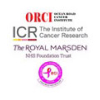
In Ghana and Tanzania there are a lack of support services for people living with and beyond BC. This initiative was developed to assess the unmet needs of women following primary BC treatment, and determine the feasibility of implementing a recovery package (holistic needs assessment, care plan and treatment summary) for these patients.
Nurses working with patients with BC in Ghana and Tanzania
>300 people
Developed by a core team of 5 Royal Marsden staff, 2 from Ocean Road Cancer Institute and 3 from Peace and Love Hospitals. Funded via a Global Challenge Research Fund grant through the Institute of Cancer Research.
The initiative ran for one year.
Tanzania - Nazima Dharsee (njdharsee@gmail.com)
Ghana - Beatrice Wiafe Addai (drwiafe@gmail.com)
UK - Theresa Wiseman (theresa.wiseman@rmh.nhs.uk), Susannah Stanway (susannah.stanway@rmh.nhs.uk)
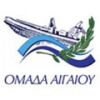
Women living in isolated and remote Greek islands encounter social and economic barriers that prevent them assessing breast cancer prevention services. This initiative brings these services to the remote locations, as well as offering medical services and informative lectures specifically for patients living with ABC/mBC.
Inhabitants of isolated Greek islands with limited access to medical services
150-300 people
A team of 88 volunteers (including 36 HCPs) ran the initiative, which required portable infrastructure for the breast clinic, medication, disease awareness materials & prevention guidance, and 5 speedboats. Sponsorship from 10 different organisations.
The initiative ran from September 28th–October 2nd, 2016.

In Poland, there is low awareness of ABC/mBC and the treatment options available. The “You Have a Choice” nationwide educational/social campaign aims to raise awareness of the benefits of CDK4/6 inhibitors and the importance of patient involvement in treatment decisions, through expert meetings, roundtables, a call to action/manifesto, and online patient training.
People with ABC/mBC in Poland
>300 people
Team of 10 people, including 6 external experts (HCPs, patients), 2 Pfizer colleagues and 2 PR.
The project started in May 2021 (pre-launch activities) and is ongoing.
Watch our video to learn more!
Explore best practice initiatives organised by theme. Developed from written submissions and interviews with initiative owners, these documents incorporate key learnings and proven methods for real-world application.

Best practice in ABC/mBC
Discover additional resources to support hard-to-reach populations with ABC/MBC, including a peer-reviewed publication highlighting key disparties in care
Underserved patient populations with metastatic breast cancer: a review of progress and remaining challenges
Addressing disparities and challenges in underserved patient populations with metastatic breast cancer in Europe
Easy-to-use symptom tracker to enable people with mBC to record how they feel on treatment each day
A visual, easy-to-understand resource about key stages of the mBC treatment pathway to support with improved decision making
Triage resource for healthcare professionals to determine whether a patient is at risk of facing disparities in healthcare
A guide for healthcare professionals not specialising in breast cancer to help identify patients who experience disparities who may have undiagnosed mBC